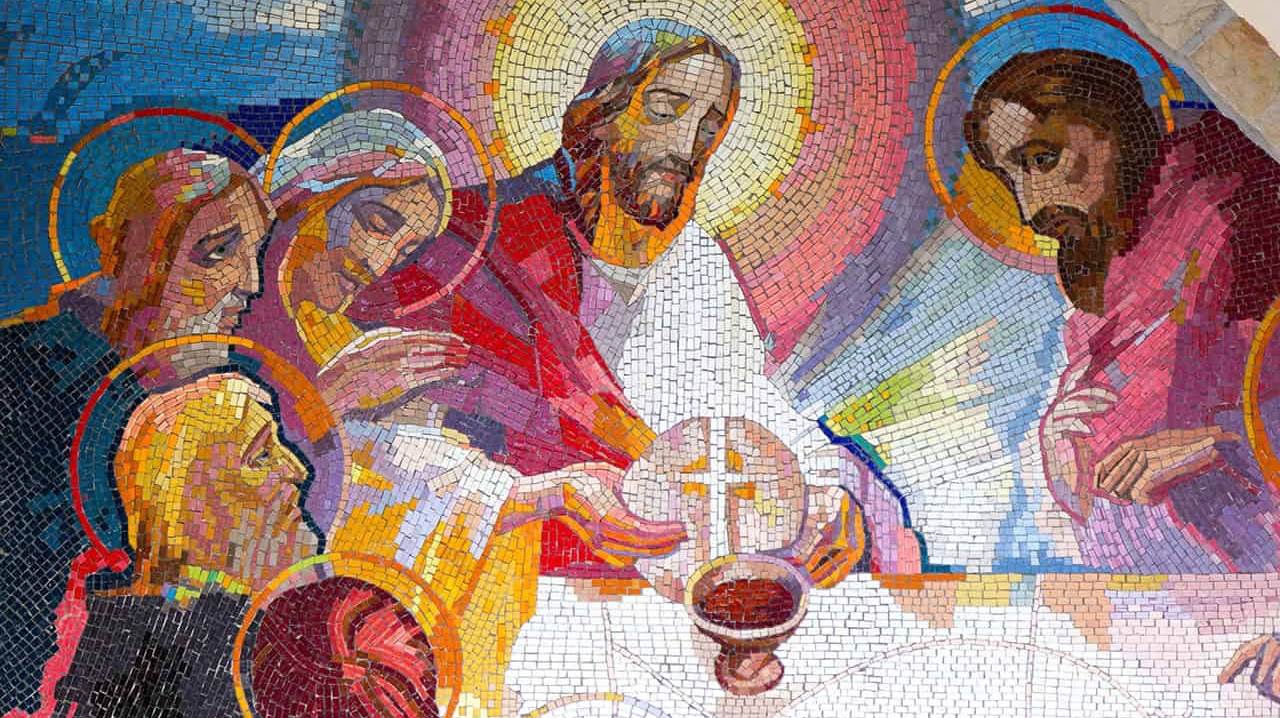Two sisters in New York State, Nancy and Kathi, took an old upholstered chair to a furniture shop to have it refinished. When the upholsterer removed the cushioned seat, he discovered a series of dots like dominoes burned into a wooden support slat; these were apparently some sort of secret message that had been hidden since the chair was first created. The two sisters were very excited by this discovery, for it confirmed a family legend that had been passed down for four generations. Their great-grand uncle had been a famous state judge in Westchester County, New York, and he had sentenced a convict to the notorious Sing Sing Prison. The judge was a compassionate man, and over the years he kept in touch with all the men he sentenced, visiting many of them in prison— including frequent visits to this particular prisoner. With the judge’s encouragement, the man used his time in prison to turn his life around, and he made this chair for the judge in the prison workshop as an expression of his gratitude. The family legend stated that somewhere in the chair was a message from the prisoner to the judge. This human interest story was reported in the local newspaper, including a request from the sisters for assistance from anyone who might be able to decode the secret message. A woman who was an expert cryptologist and puzzle-solver saw the story, came forward, and was able to solve the mystery. The prisoner’s secret message to the judge said, “I am innocent, but I forgive you” (Antoinette Bosco, Miracles Abound, pp. 110-111). Those who refuse to forgive wrongs done against them remain in a prison of their own making—but Jesus calls us to experience the freedom that comes from accepting and sharing His mercy.
The word “forgive” is based on the Greek word apoluo, which has several meanings: to forgive, to be released, to be healed, to move on, and to be sent forth on a mission by God. So the word apoluo can be translated “Forgive and you shall be released, you shall be healed, you will able to move on with life, and God will be able to use you as part of His saving plan” (Jonathan Cahn, The Book of Mysteries, p. 304). St. Paul tells us in the Letter to the Romans (14:7-9) that to be truly alive, we must live not for ourselves, but for God. This, of course, requires us to try to imitate the mercy of the Lord. The Book of Sirach (27:30-28:7) warns that wrath and anger are hateful and destructive things, and that those who hold onto a desire for vengeance risk a harsh and unforgiving judgment from God. As the reading urges, “Remember your last days, set enmity aside; remember death and decay, and cease from sin!” In the Gospel of Matthew (18:21-35), Jesus echoes this important Old Testament teaching in His parable on forgiveness. God is the great King Who, moved with compassion, forgave an immense and unpayable debt owed Him by one of His servants. However, this servant afterwards foolishly refused to show mercy to someone who owed a much smaller debt to him. When the king learned of this, he became infuriated and punished the hypocritical servant severely. Our Lord warns us that we must never make this same mistake; only if we are merciful will we be ready for divine judgment.
On November 1, 1955, United Airlines flight 629 exploded in the skies over Denver, Colorado; all 39 passengers and 5 crew members aboard were killed. It turned out that a career criminal had planted a bomb in the luggage in order to kill his mother, one of the passengers; he wanted revenge for his unhappy childhood, and also to collect a large payment from the life insurance policy he had taken out on her. However, within fifteen months’ time, this criminal was arrested, convicted, and executed for this terrible act of mass murder; his desire for revenge against his mother ended up destroying him.
Two of the other passengers killed on the flight were a married couple from Pittsburgh who had left their three young boys in the care of an aunt while they went to visit relatives in Denver. When the grieving family was meeting with their parish priest in Pittsburgh to plan the funeral Mass for the parents, one of the three boys asked the priest, “Father, during the Mass, could we also say a prayer for the man who killed my mom and dad?” (James A. Feehan, Story Power!, p. 120).
We’ve all experienced hatred or injustice, or, at the very least, unkind treatment, to one degree or another—but can any of us claim to have suffered as much as those three boys from Pittsburgh whose parents were murdered, or the innocent man wrongly sentenced to a long term at Sing Sing Prison in New York? If they were able to forgive, do we dare exempt ourselves from this same standard? Are any of us so recklessly foolish as to hold onto grudges, knowing that we thereby risk remaining unforgiven by God?
Yes, forgiving those who’ve wronged us can sometimes be very hard and painful. However, Jesus’ act of forgiving His enemies from the Cross is not only an example for us to follow, but also a promise that He will in turn help us do the same thing, if this is our desire. To forgive doesn’t mean pretending everything is all right, or that the other person’s misdeed didn’t hurt us or didn’t really matter, or that we’ll continue putting up with unjust treatment. No, to forgive simply means to place the entire situation in God’s hands, while praying for that person’s well-being and eternal salvation. If even this seems too hard, then we might imagine ourselves with that other person, with Jesus standing in between us. We can hear ourselves say to Him, “Lord, I can’t forgive this person, so please forgive him or her for me,” and then see Jesus turn to the person and do this. If we can see this in our imagination, it’s a sign that we do want this—and if we want this, that will count as an act of forgiveness on our part in God’s eyes.
When Jesus answered Peter’s question by saying we must forgive 77 times, He was using this number as a symbol of unlimited forgiveness. There are indeed no limits to God’s mercy—but this mercy is available to us only if we’re willing to let it flow through us and touch everyone around us.





























